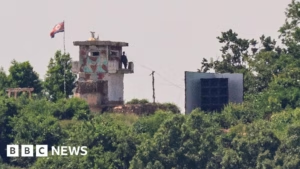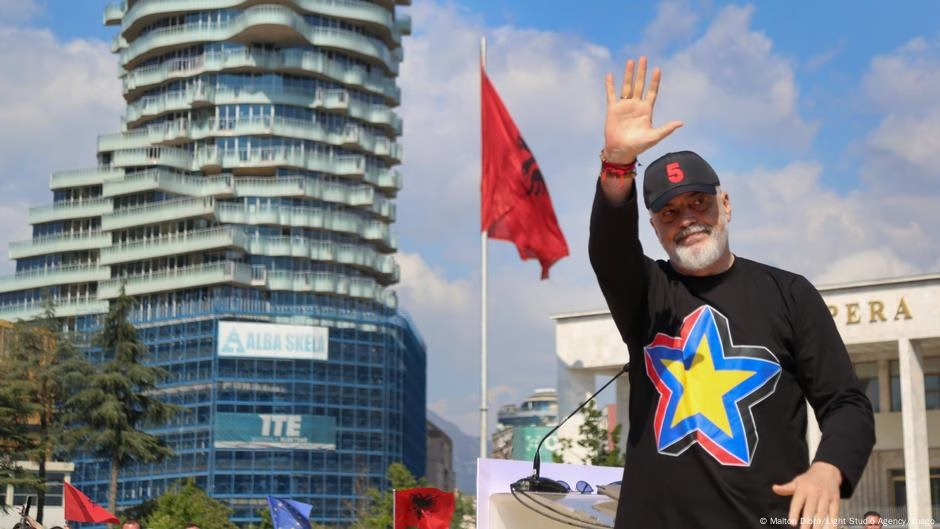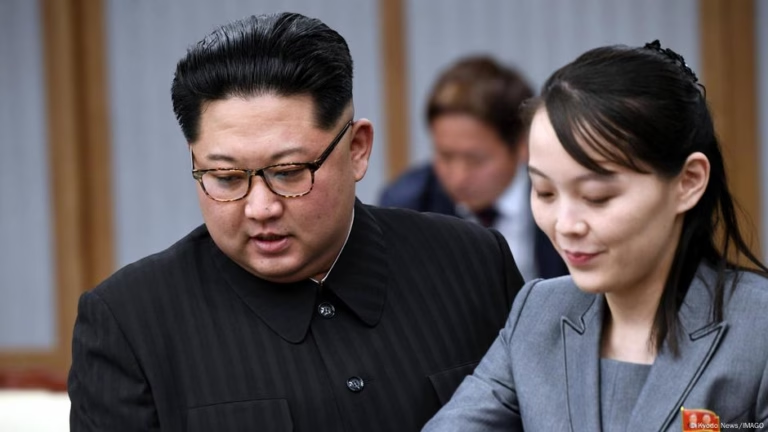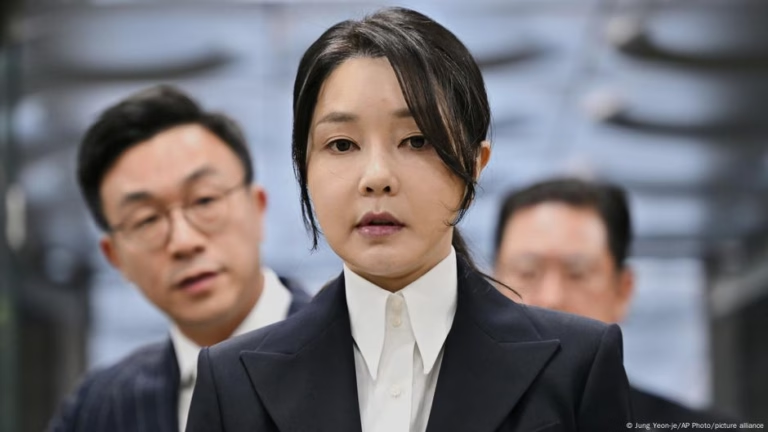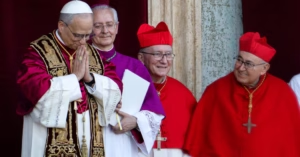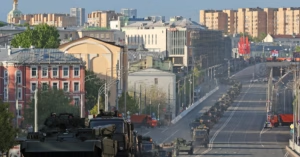On May 11, Albania will conduct its inaugural parliamentary election since initiating negotiations for European Union accession in July 2022. The incumbent Prime Minister Edi Rama and his ruling Socialist Party (SP) seek a historic fourth term, while the opposition remains fragmented with the Democratic Party (DP) leading followed by various smaller parties and movements. The election is viewed as a pivotal moment for Albania’s democratic advancement, its commitment to battling corruption, and its long-held ambition to join the EU. Over 3.7 million Albanian citizens are eligible to vote — including the Albanian diaspora for the first time.
The Socialist Party has announced its election campaign with a heavy focus on EU integration, emphasizing that only they can secure Albania’s place in the EU. Critics argue EU membership is a technical process that requires more than political slogans and sustained institutional reforms.
The opposition has united under the Alliance for a Magnificent Albania, promising to improve citizens’ living standards. Nevertheless, challenges remain due to divisions within the opposition and the credibility issues that arise from corruption allegations against its leaders.
New parties like Levizja Bashke, Shqiperia behet, and Mundesia are trying to offer reformist alternatives in a historically two-party political landscape. These new entrants could potentially bring positive change to Albanian democracy, though they have limited initial poll prospects.
Recent electoral code changes introduced preferential voting, but a third of each party list remains closed, which political analysts say favors party leadership and diminishes real competition.
Critics also note that both the ruling Socialist Party and the opposition Democratic Party have included candidates currently under corruption investigation on their lists, raising concerns about undermining the justice system.
The OSCE Office for Democratic Institutions and Human Rights has expressed concerns over the polarised and mistrustful political environment, indicating concerns about the fairness of the election process. This election is seen as a critical test for Albania’s democratic development and its path toward EU accession. Despite progress in judicial reform, elections remain a point of weakness in Albania’s parliamentary democracy.
Source: https://www.dw.com/en/election-a-critical-test-of-albania-s-democratic-maturity/a-72475322?maca=en-rss-en-all-1573-rdf


